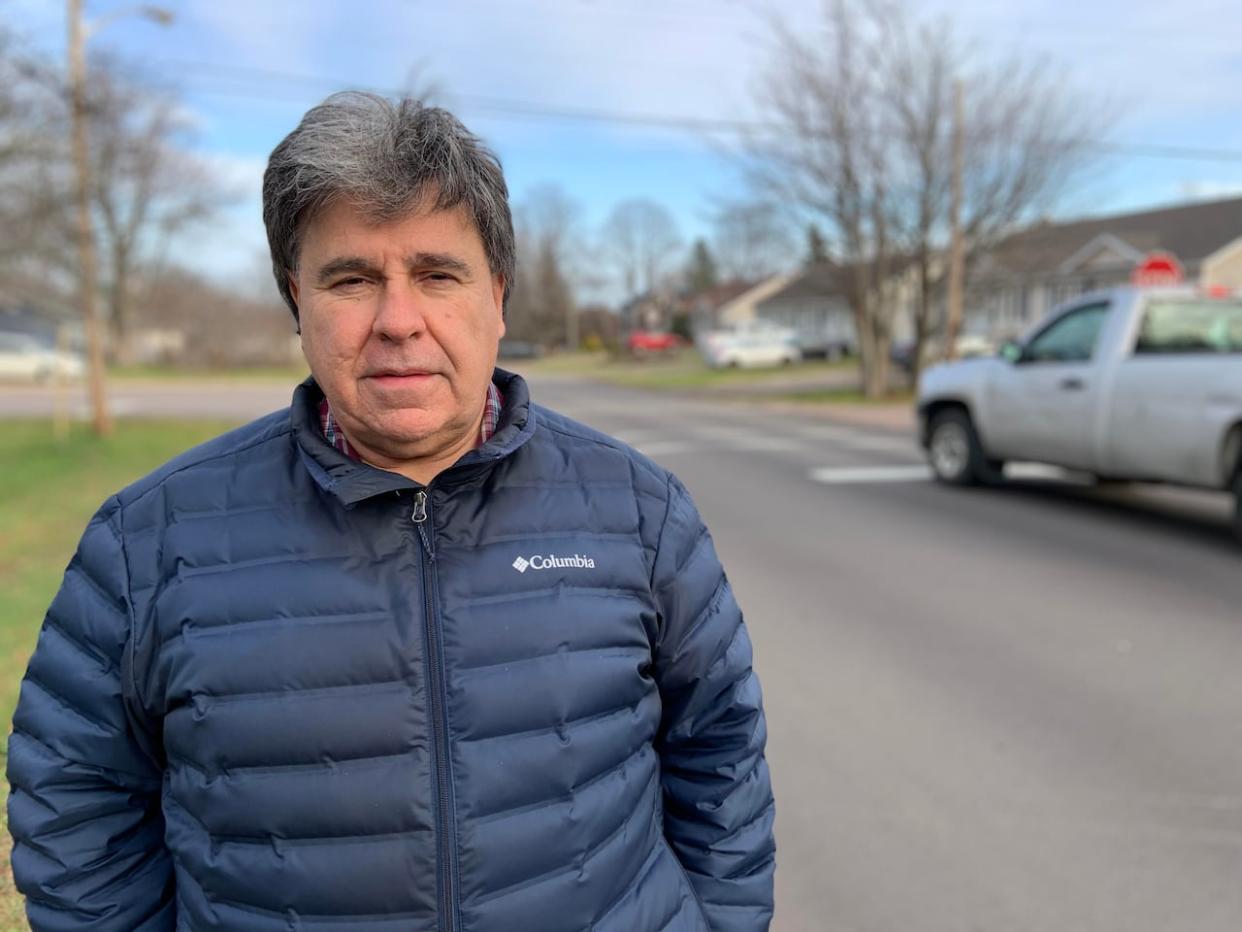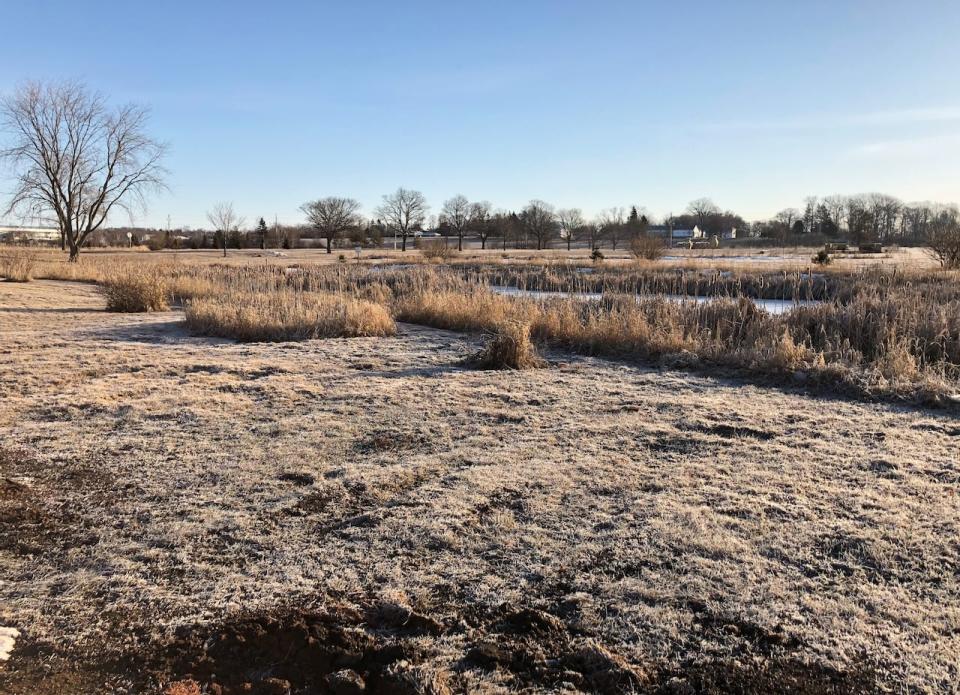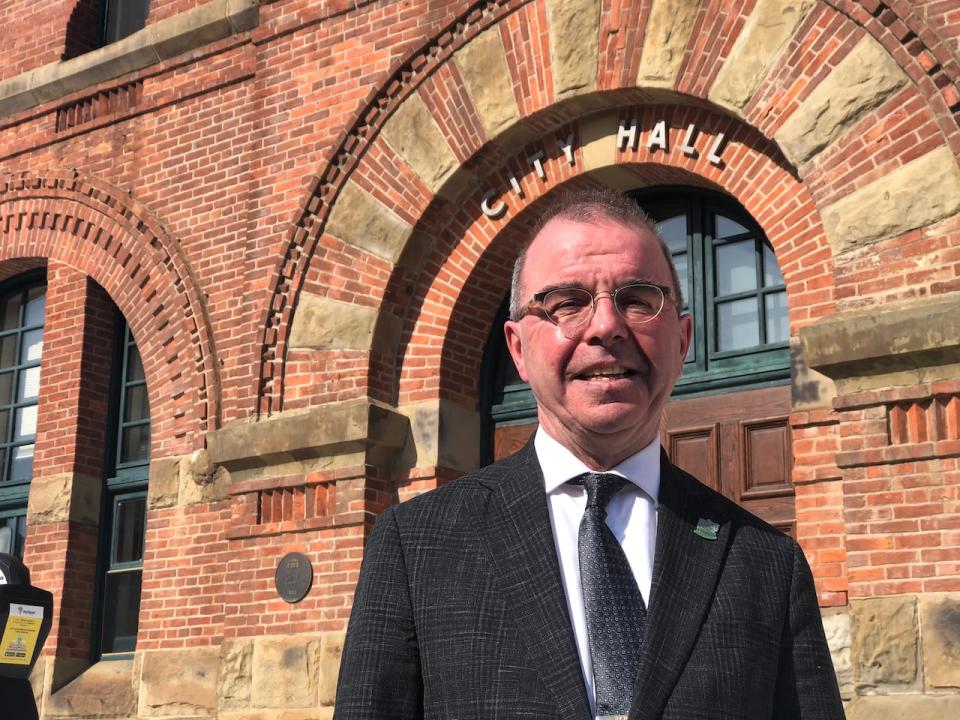Charlottetown councillor opposes building housing on experimental farm

Agriculture Canada's experimental farm is a valuable green space in the heart of Charlottetown, says Coun. Mitchell Tweel, and he does not want to see housing or any other kind of development on it.
The farm, established in 1909, is a 35-hectare space a 20-minute walk from the heart of the downtown. The property does include a fair amount of institutional development along University Avenue, including the Agriculture Canada research station itself. Behind that there are fields for experimental crops, community gardens, a series of ponds, and the Confederation Trail runs through the middle of it.
"This is in the heart of the city," said Tweel.
"People refer to the Commons in Halifax, which is extremely important. Central Park in New York. I mean, they can use those as examples and they're good examples. I would like to emulate and parallel what Halifax has done."

The experimental farm includes a series of ponds. (Kevin Yarr/CBC)
The idea of developing the farm property was raised in a letter from Mayor Philip Brown to federal Housing Minister Sean Fraser.
Brown was responding to a letter from Fraser, written as part of a federal plan to deal with a housing crisis that is not only afflicting Charlottetown but many parts of the country. In that letter, Brown said the city was looking to be proactive in its response to the crisis, and raised the farm property as part of the solution.
"The Agriculture Canada former Experimental Farm is located directly adjacent to UPEI," Brown wrote.
"The City would welcome the opportunity to build out a planned community in cooperation with First Nations and the Federal Government on this property."
The suggestion was part of a pitch to gain the city access to the federal Housing Accelerator Fund.
Farm was subject of debate 20 years ago
Tweel cautions that controlling development on green space is not only difficult, but irreversible.
"Once you start to eat away at it then it's gone," he said.

Mayor Philip Brown has floated the idea of developing parts of the farm. (Nicola MacLeod/CBC)
"You've got to be very careful here. We do not have a lot of green space, particularly in the heart of the city, and people want a place where they can go."
At this point development of farm property is just a suggestion, one that faces many hurdles before becoming a reality.
To start with, the federal government has not yet expressed interest in selling the land. If it does, it would have to consult with local Mi'kmaq on the sale of the unceded territory. Following that would be required rezoning, which Tweel noted would allow for public input on new uses.
In 2002, Agriculture Canada did declare the land surplus.
The declaration resulted in a flurry of proposals for the property, mostly focused on recreational uses.
Ultimately, however, Agriculture Canada changed its mind, and decided to continue operating with the property as an experimental farm.


